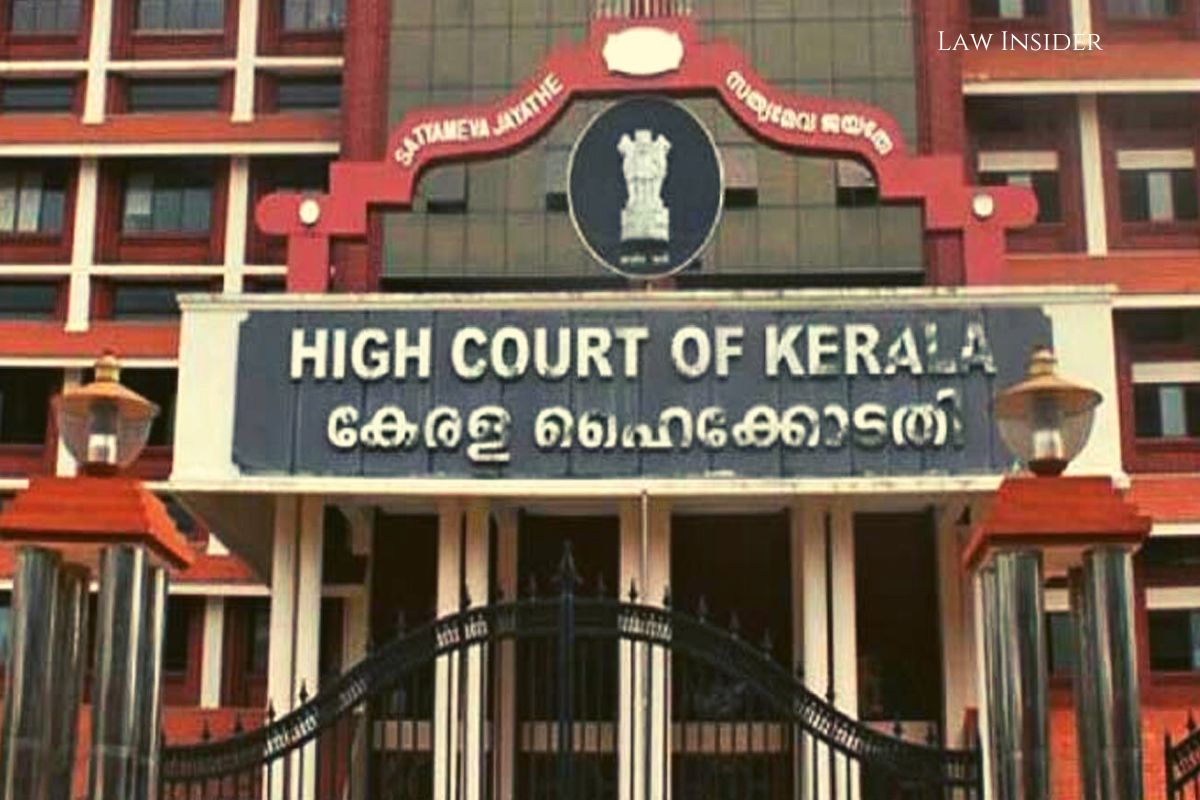LI Network
Published on: 20 September 2023 at 11:59 IST
The Kerala High Court, in alignment with a decision made by the Family Court, has underlined that DNA tests should not be administered solely based on suspicions or disputes regarding a child’s paternity.
Justice A. Badharudeen emphasized that DNA tests or other scientific examinations should only be considered when there is a specific denial of paternity concerning the child in question.
The judge elaborated, “It must be further established that DNA tests cannot be employed to clear suspicion regarding the paternity of the child in the absence of a specific denial of paternity. Given this legal stance, the dismissal of the petitioner’s application to conduct a DNA test to resolve his suspicions or doubts about the child’s paternity is justifiable.”
Case background
The petitioner and respondent had entered into matrimony in 2004 and a child was born in 2006. However, the child’s paternity came into question, leading to a dispute brought before the Family Court.
The petitioner asserted doubts about the child’s paternity due to the estranged marital circumstances caused by the respondent’s mental illness. He claimed that he had not engaged in sexual intercourse with his wife due to her mental health issues.
The Family Court rejected the petitioner’s request for a paternity test, prompting an appeal to the High Court.
Justice Badharudeen noted that the Family Court had based its decision on Section 112 of the Evidence Act, which presumes that a child is born during the subsistence of a marriage. The court pointed out that the petitioner had not alleged that he had no access to his wife during that period. Furthermore, it was observed that the petitioner’s case did not consistently deny the paternity of the child.
The court delved into Section 112 of the Evidence Act and asserted that DNA tests were warranted only to challenge the “conclusive proof of denial of paternity of the child.”
The court cited decisions by the Supreme Court in Aparna Ajinkya Firodia v. Ajinkya Arun Firodia (2023) and Pattu Rajan v. State of Tamil Nadu (2019) to emphasize that the mere existence of a dispute between the parties concerning paternity did not necessitate court-sanctioned DNA tests or other scientific examinations. The court also stressed that expert evidence served only in an advisory capacity.
The court ruled that parties must present additional evidence to substantiate the denial of paternity. It clarified that courts should permit DNA tests or other scientific examinations only in exceptional cases when it was impossible to draw an inference based on the available evidence, or when the controversy over paternity could not be resolved by any other means.
“Consequently, the legal principle that emerges is that the mere existence of a paternity dispute between the parties does not automatically lead to a court-directed DNA or similar test to resolve the matter. In such situations, the parties should be directed to present evidence to establish the factual dispute of paternity, and only when the court deems it impossible to reach a conclusion based on such evidence or when the issue at hand cannot be resolved without a DNA test, should such a test be authorized.”
The petitioner was represented by Advocate I.S. Laila.
Based on these findings, the court dismissed the petitioner’s original plea for permission to conduct a DNA test on the child.

